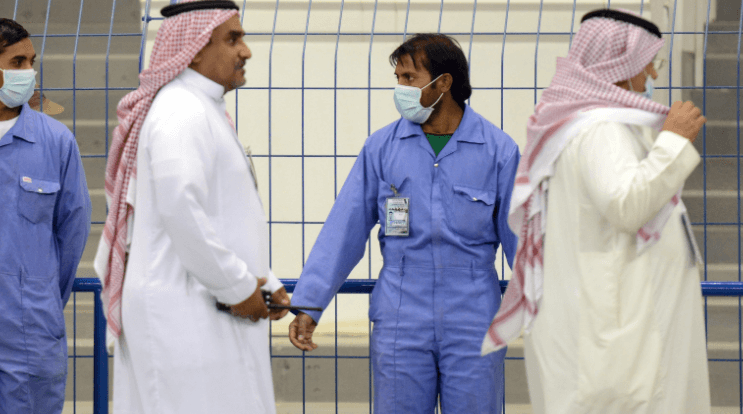The Middle East has undergone a remarkable healthcare evolution over the past few decades, and a significant contributing factor to this transformation has been the infusion of Western expertise. As healthcare standards have risen and institutions have flourished, the influence of Western-trained professionals, technologies, and practices has played a pivotal role in shaping the region’s healthcare landscape. Let’s delve into how Western expertise has been instrumental in driving the evolution of healthcare in the Middle East.
Global Perspectives and Knowledge Transfer:
Western-trained healthcare professionals bring with them a wealth of global perspectives and experiences. Having trained in institutions known for their cutting-edge research and advanced medical practices, these experts introduce innovative ideas, medical advancements, and best practices to the Middle East. The region benefits from the knowledge transfer that takes place when these professionals collaborate with local healthcare teams.
Advanced Medical Technologies:
One of the hallmarks of Western healthcare is its utilization of state-of-the-art medical technologies. The introduction of advanced diagnostic equipment, treatment modalities, and surgical techniques from Western countries has revolutionized healthcare delivery in the Middle East. From robotic-assisted surgeries to precision imaging, these technologies enhance both the accuracy and efficiency of medical procedures.
Enhancing Quality of Care:
Western expertise has raised the bar when it comes to the quality of care provided in the Middle East. The emphasis on evidence-based medicine, patient-centered care, and continuous improvement aligns with the global standards set by Western healthcare systems. This focus on quality results in better patient outcomes, reduced medical errors, and an overall improvement in healthcare standards.
Innovative Specialized Services:
Western-trained professionals often specialize in various medical disciplines, allowing them to introduce and establish specialized services in the Middle East. As a result, patients in the region have access to a broader range of medical specialties, reducing the need for medical tourism and enhancing the overall healthcare ecosystem.
Multidisciplinary Collaboration:
The Middle East’s healthcare evolution has been further accelerated by the culture of multidisciplinary collaboration brought in by Western expertise. The practice of bringing together professionals from different medical fields to collaborate on complex cases leads to comprehensive and well-rounded patient care. This approach aligns with the holistic view of health and wellness that is prevalent in many Western healthcare systems.
Cultural Sensitivity and Adaptation:
Western-trained professionals understand the importance of cultural sensitivity when delivering healthcare in the Middle East. They adapt their practices to respect local customs, beliefs, and traditions, ensuring that patients receive care that is aligned with their values. This cultural awareness fosters trust and improves patient-provider relationships.
Research and Medical Advancements:
The integration of Western-trained professionals into Middle Eastern healthcare institutions has also fueled research and medical advancements. These professionals often engage in research projects, clinical trials, and academic collaborations, contributing to the growth of medical knowledge and the development of innovative therapies tailored to the region’s needs.
A Synergy of Excellence:
The evolution of healthcare in the Middle East through the infusion of Western expertise is a synergy of excellence. It’s a convergence of global knowledge, local needs, and a shared commitment to delivering world-class healthcare services to the region’s residents. The collaboration between Western-trained professionals and local healthcare experts has resulted in a healthcare landscape that is constantly evolving, adapting, and improving.
In the journey of healthcare evolution in the Middle East, Western expertise has been a catalyst for positive change. The region has embraced the best practices, advancements, and patient-centered philosophies that define Western healthcare systems. Through this collaboration, the Middle East is not just raising healthcare standards; it’s creating a brighter and healthier future for its communities.


